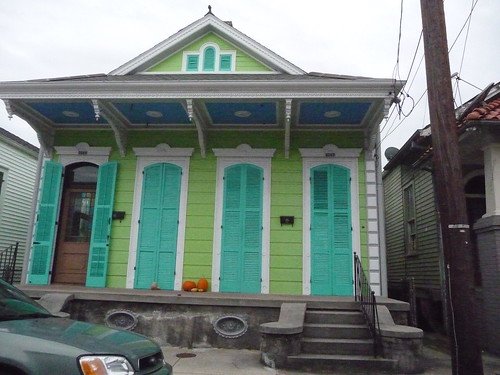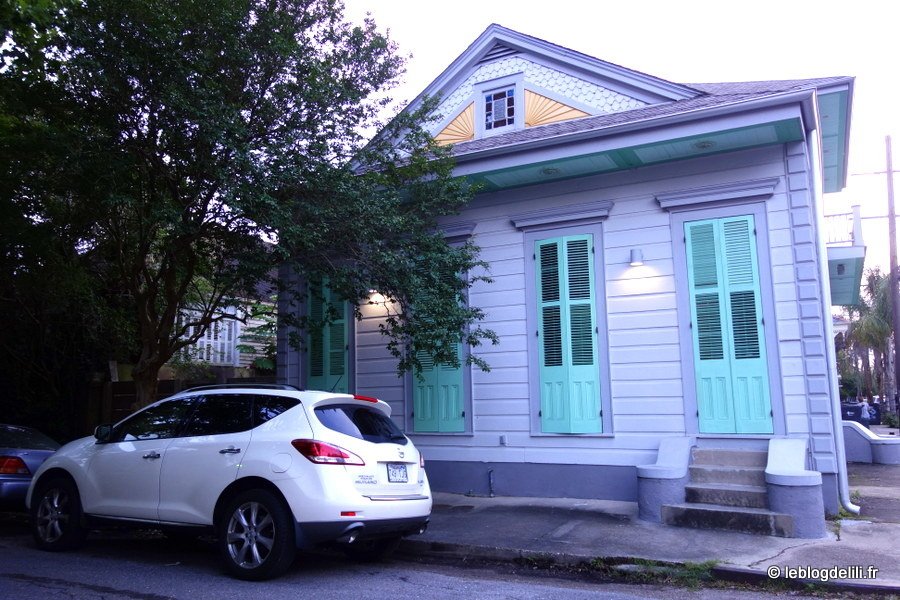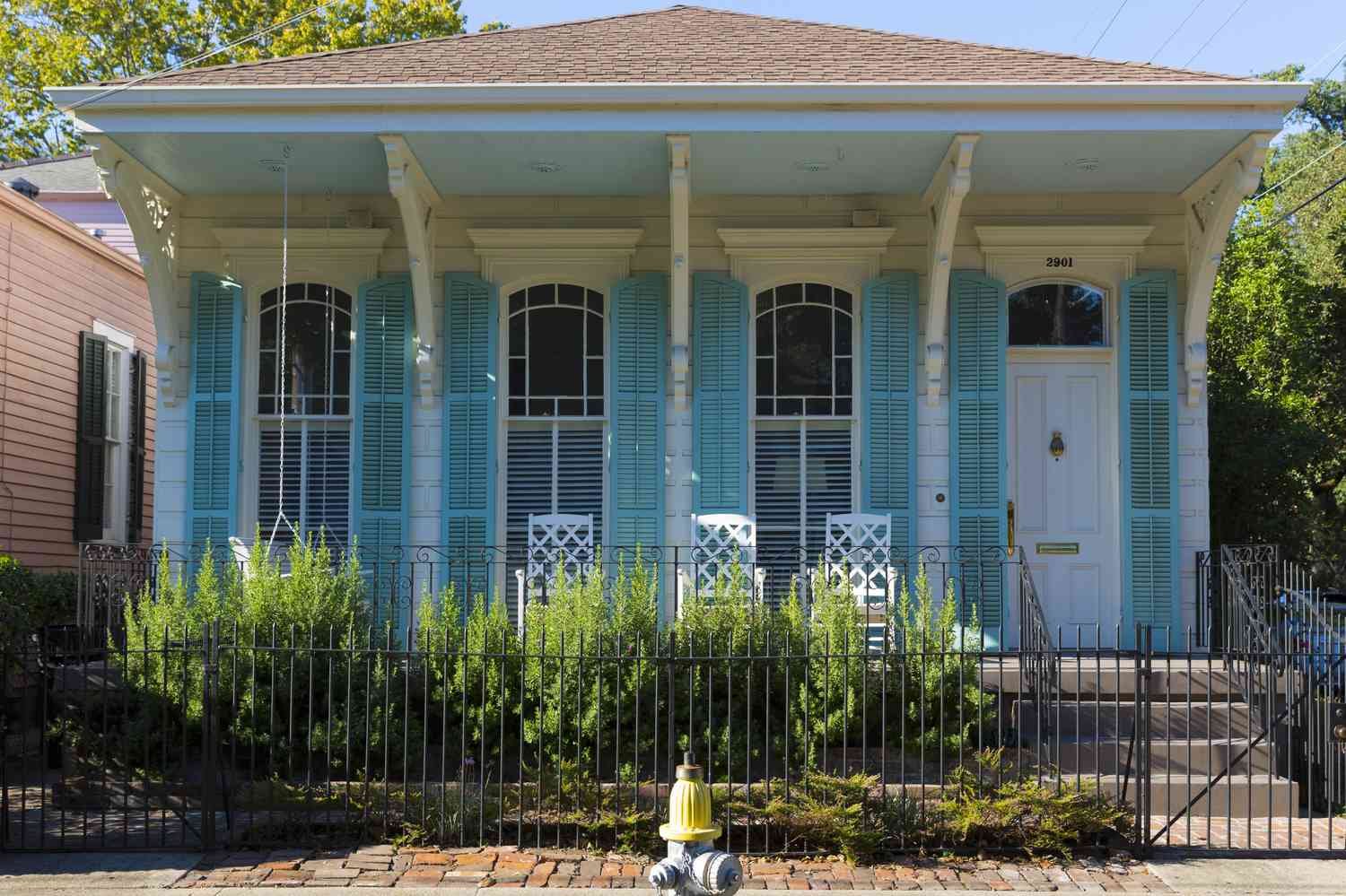Creole Cottages - A New Orleans Rabbit Hole
One of my art biz teachers, Liz Kohler Brown, encourages us to create in collections, whether it’s fabric, cards, or any other type of art. It allows us to take a deep dive into the chosen subject, and make lots of art. I am totally enjoying the process.
Since I love the colors of Mardi Gras, and there are so many fun elements - masks, jester hats, fleur de lis, beads, etc - I decided to make it the subject of my next collection. I began by asking ChatGPT to make a list of words or phrases associated with New Orleans and Mardi Gras. It supplied a long list, and extended my possibilities by including elements I hadn’t considered. (This is likely to be a large collection.) And even more intriguing it added the term “Creole Cottages.” Hmmm. I had never heard of Creole Cottages. And that began a trip down the rabbit hole into these adorable, and often colorful, houses.
So what exactly does Creole mean?
“ The word creole refers to a people, cuisine, and architecture of mixed race and mixed heritage—Black and White people, free and enslaved, French, German, and Spanish, European and Caribbean (particularly Haiti). The architecture of Louisiana and the Mississippi Valley is often referred to as creole because it is a mix of styles. It is how the French-influenced American architecture.”
Creole Cottages were built between 1790 and 1850, and most are found in the French Quarter and surrounding areas. They are typically built close to the property line, and up off the ground due to potential flooding, and to increase air flow through the house. The traditional cottage has two doors and two windows on the front with shutters, and four rooms on the inside. There are no hallways - one room flows into another. There is a centralized chimney and usually two fireplaces coming off that chimney in different rooms.
And the thing that really caught my attention are how brightly painted many of them are. The Faubourg Marigny neighborhood is especially noted for its bright colors. I have spent literally hours looking at Creole Cottage images, and reading about them - or at least trying to read about them. The literature is more scanty than my curiosity.




